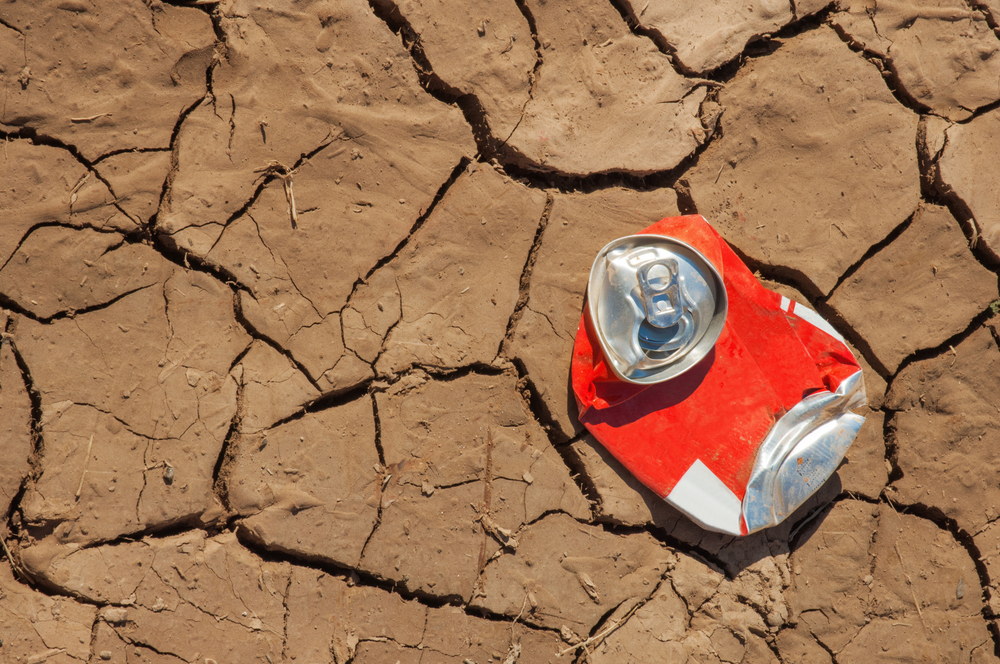Climate change and urban food deserts: The struggle to resist the pressures of processed foods and sugary drinks

By Dennis Archambault
For many, the effects of climate change on nutrition and health seems abstract, especially when there are so many challenges here and now. Yet, environmental health commentaries are increasingly drawing a correlation between the availability of nutrition, particularly among regions made vulnerable through climate change, and the health of populations.
Lindsay Smith Taillie, an associate professor of nutrition at the University of North Carolina, Chapel Hill, and a director of the Global Food Research Program, notes that the devastating impact of adverse climate conditions on crops, and the scarcity of fresh water have created famine conditions that, ironically, is being mitigated by fast food and soda manufacturers relief efforts. Food companies re “boosting their marketing campaigns for sugary drinks and ultra processed foods like packaged cookies and crackers, as climate change disrupts food and water supplies.” Smith Taille is concerned abut the ethical and health of companies taking advantage of worsening environmental conditions to increase consumption of their products – thereby contributing to malnutrition and obesity. “To stave off a major public health crisis, governments will have to double their efforts to make sure everyone has access to healthy food and clean water.
“During heat waves, companies often unleash a relentless barrage of advertisements on television, billboards, and online, many of them for sugary drinks and junk food,” Smith Taille writes. “When a natural disaster strikes, many of these food companies are on hand to deliver emergency food aid.”
But there are other relief efforts, including Kids Against Hunger, which packages nutritious meals comprised of beans, dried vegetables, rice and spices for distribution throughout the world, including the United States. These meals are prepared assembly-line style by volunteer groups. For example, Authority Health’s Schweitzer Fellows prepared over 1,000 meals in one hour during a Martin Luther King, Jr., service project a few years ago. But it’s hard to compete with multinational marketing and distribution systems. (City Kids Soup, a soup packaging business run by teens in Detroit, produces five nutritious soup packs, low in sodium: split pea, cream of potato, taco soup, white bean chili and vegetable barley.)
It’s also hard to compete with processed food addiction. “No one is born loving hot dogs or disliking broccoli and Brazil nuts; our food preferences are learned,” writes Bee Wilson, author of The Secret of Cooking: Recipes for an Easier Life in the Kitchen.” We learn to enjoy and prefer sugary and ultra-processed foods to whole foods, at a cost to our own health and to the environment. “We have a deep fatalism about our diets and the conventional wisdom says that the only way to persuade the carnivorous to eat less meat is to offer them a faux alternative, such as lab-grown meat or a vegan substitute like Beyond Meal,” she says.
There is hope for changing diets and adapting to a changing environment. In a word, beans. “They, along with peas, lentils, and other legumes, are everything meat is not in sustainability terms: far less thirsty per gram of protein than the water-guzzling operations that serve up America’s beef and chicken, and they’re good for soil quality, drawing in nitrogen and reducing the need for fertilizer,” Wilson notes.
Here the vulnerable developing world and industrialized world come together: beans and the challenge of withstanding the marketing pressures of processed food addiction in food deserts and food swamps.
This brings us home to the Healthy and Resilient Communities initiative, launched this year by Authority Health, with the support of state funding. One of the ways we can meet this global challenge is by acting locally: offering healthy grab and go food as an option to processed food products in gas stations, liquor stores, and other convenience stores.
Dennis Archambault is vice president of Public Affairs for Authority Health.
Tags: climate change, food desert, nutrition, processed food, sugary drinks, urban food desert